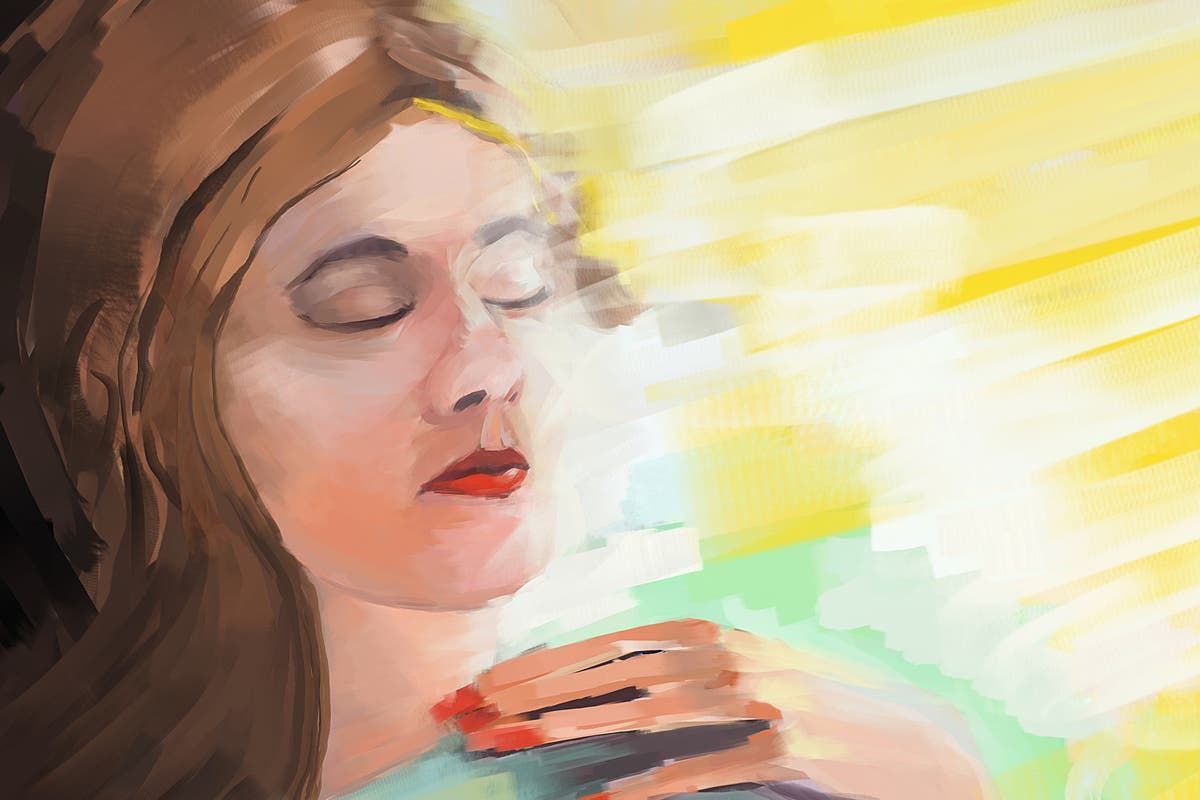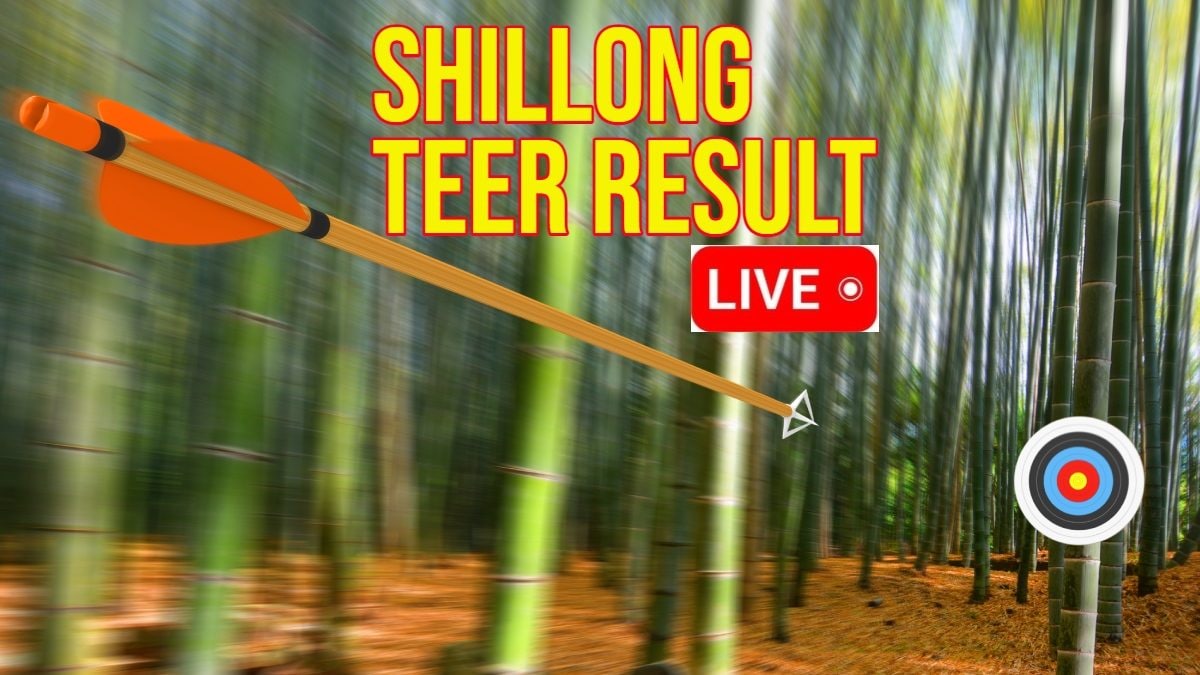Truly support
independent journalism
Our mission is to provide unbiased, fact-based reporting that holds the powerful to account and exposes the truth.
Whether it's $5 or $50, every contribution counts.
Support us in offering journalism without agenda.
TO A 24-year-old woman goes out with her friends and wakes up the next morning to find she has been raped. She reports the incident to the police and waits more than three years to go to court, until the Crown Prosecution Service (CPS) suddenly drops her case two weeks before her trial. Why? Because her rapist’s lawyers have claimed she suffers from a rare condition called “sexsomnia” and may have given the impression she was giving consent in her sleep. That woman was Jade McCrossen-Nethercott, and she had never even heard of sexsomnia, let alone been diagnosed with the condition.
“The sleep specialist appointed by the defense never spoke to me,” she tells me. “They only sent me a 15-question questionnaire, and that was enough for a professional to conclude that I suffered from sexomnia.”
Sexsomnia, also known as “sleep sex,” is classified as a type of parasomnia, an umbrella term for sleep disorders in which people experience or exhibit unusual behaviors during sleep. “This includes sleepwalking,” says Marie Morice, a clinical sexologist and founder of Lilith Your Life. “And in the case of sexsomnia, people engage in sexual behaviors such as masturbation, sexual movements, or initiating sex with another person.” Crucially, these experiences are often forgotten by morning.
But while it's difficult to investigate (unless someone wakes up with an injury or their partner tells you about the behavior, there's often no way to know they're suffering from it) and others dispute how common it is, it's recently become a troubling legal tool in many modern sexual assault cases.
According to Dr Neil Stanley, an independent sleep expert, sexomnia was first recognised as a clinical condition in 2003. “It occurs during non-REM sleep and is not related to dreaming,” he explains, referring to the deeper form of sleep that occurs when heart rate and body temperature decrease. “It’s an extreme variation of sleepwalking; the conscious brain is asleep while the parts of the brain that can control sexual behaviour are awake.”
There are very few known cases of sexomnia, and only a few hundred cases have been documented worldwide. “Sexsomnia is relatively rare,” explains clinical trauma psychologist Carla Shohet, “with prevalence rates estimated between 1 and 8 percent in the general population, making it less well-known compared to sleepwalking or night terrors. However, its actual prevalence is uncertain due to underreporting and misdiagnosis.”
While I believe that sexomnia is a legitimate medical condition, its use as a defense in rape cases requires careful and rigorous scrutiny to ensure that it is not exploited to evade justice.
Jade McCrossen-Nethercott
It can manifest in a variety of ways. Some clinically documented cases include a married woman who repeatedly masturbated alongside her partner in the middle of the night, but had no recollection of it once her partner woke her up. Another case involved a man who repeatedly attempted to have sex with his wife while she was sound asleep, and another man who masturbated so aggressively while sleeping that he injured himself.
According to a study published in the journal Sleep Medicine According to a study published in the journal Neurology, a 33-year-old man disturbed his partner’s sleep with masturbation, attempts at intercourse and sexual vocalizations. “His current girlfriend complained especially of incitement to sexual intercourse, and her sleep was also disturbed by the patient’s sexual conversations and touching,” the study states. “She did not describe his behavior as aggressive, but rather as stalking. The patient was not aware of this at all.”
The causes of sexsomnia are still not fully understood due to a paucity of research. “But it is thought to be often triggered by sleep-disrupting factors such as stress, lack of sleep, alcohol or substance use, and certain medications,” says Shohet. “Underlying sleep disorders such as sleep apnea and insomnia may also play a role.” In the 33-year-old man’s case, it was thought to stem from his history of sleepwalking in childhood and his irregular sleep schedule, which varied between five and eight hours a night due to his job. After careful observation, the study’s authors identified that a series of sleep-related head jerks triggered the man’s sexsomnia, although it is not known exactly what caused these movements to trigger his sexual behavior.
Legally, this is all incredibly complex. If someone sleeping next to a person with sexsomnia wakes up and their partner is trying to have sex with them, it could be classified as rape. “Beyond the immediate psychological trauma associated with sexsomnia episodes, living with sexsomnia deeply affects mental health, disrupts sleep, and creates issues with trust, intimacy, and consent in relationships, which can lead to serious legal consequences,” Shohet says.

This is partly because it is not always possible to identify when someone is experiencing a sexomic episode. “Recognizing an episode is difficult for several reasons, firstly because the affected person often appears to be awake rather than asleep,” explains Shohet. “Signs, such as unusual sounds and gestures during sleep, are not always clear, and sleep behaviors can be similar to other sleep-related conditions.”
As for how sexsomnia can be used in a legal context, many people are concerned. “If someone is genuinely suffering from sexsomnia, it is worrying that they could be charged with assault when they were not aware of their behaviour,” says Cate Campbell, a sex, relationship and trauma therapist accredited by the British Association for Counselling and Psychotherapy. “It is also very worrying that there are people who pretend to be affected by sexsomnia when in fact they are just using it as an excuse to assault someone else.”
It is also a common problem, as highlighted by a recent study. Observer An investigation that found an increase in the use of sexsomnia in defense cases in sexual assault trials. The publication identified 80 cases over the past three decades in which defendants accused of rape, sexual assault or child sexual abuse claimed they had been sleepwalking or had experienced an episode of sexsomnia, with at least 51 of those in the past decade. Perhaps most alarmingly, in about 60 percent of cases where the defense claimed sexsomnia, a not guilty verdict was reached.
I have seen defense attorney websites that almost glorify and advertise the sexsomnia defense.
Jade McCrossen-Nethercott
“The key issue in English legal cases seems to be whether the episode of sexsomnia is genuine or not,” says Dr Stanley, who has given expert evidence in trials where sexsomnia has been cited by the defence team. “It is difficult to prove the existence of sexsomnia by studying people in the laboratory, so the patient’s history is of key importance in determining the likelihood of it being a factor. This means that it is relatively easy to falsely claim sexsomnia as a defence.”
On several occasions, people have been jailed where it was clear that the sexsomnia defence had no basis. In 2013, actor Simon Morris was sentenced to eight years in prison for raping a 15-year-old girl after the judge said Morris had told “endless simplistic lies” about his suffering from sexsomnia. “In another case, also in 2013, businessman Gary Forbes pleaded sexsomnia when he was accused of raping a woman while on bail for an almost identical attack,” adds Dr Stanley. “He subsequently dropped the defence and pleaded guilty.”
In McCrossen-Nethercott's case, the alleged rapist's legal team filed the sexsomnia claim with little evidence. The prosecution has since admitted it was wrong not to pursue her case and has apologised unreservedly to her.

“While I believe sexsomnia is a legitimate medical condition, its use as a defence in rape cases requires careful and rigorous scrutiny to ensure it is not exploited to evade justice,” McCrossen-Nethercott tells me. “I have seen defence lawyer websites almost glorifying and advertising the sexsomnia defence, which is very worrying as it trivialises the serious nature of sexual assault and potentially encourages its exploitation in the courts.”
This is an incredibly depressing case, which speaks to much broader problems within the criminal justice system’s approach to sexual assault. We already know how few reports of rape result in a charge, and how difficult it is to successfully convict a sexual predator. With legal loopholes like this growing, the fight for justice for survivors like McCrossen-Nethercott is likely to become ever more uphill. Clearly, more needs to be done. But not just at a legislative level, but at a societal and cultural level as well.
“Both the judicial system and sleep experts need to work together to establish sound guidelines for sexsomnia, understand its legal implications, and implement measures for accurate diagnosis and effective treatment of this complex condition,” McCrossen-Nethercott said. “We cannot allow it to be used literally as a get-out-of-jail-free card.”












